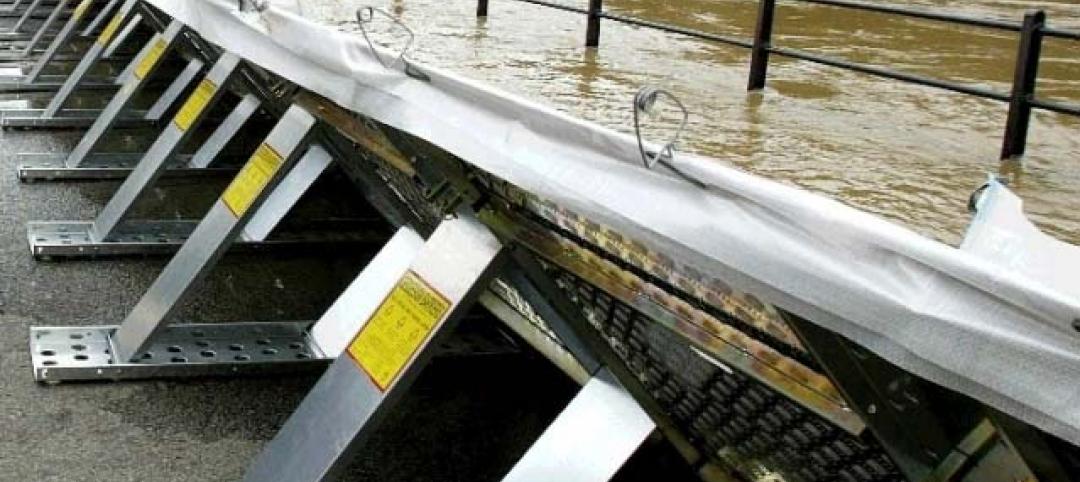Thirty-nine high rises in San Francisco are at risk of collapse in a major earthquake, according to a new study by the U.S. Geological Service (USGS).
The vulnerable buildings (known as welded steel moment-frame buildings) were constructed by using a flawed technique to weld columns and beams together. This technique was found to be less resilient to seismic activity after the 1994 Northridge earthquake in Los Angeles where critical joints were damaged in several buildings that had been welded.
The building code was revised in the mid-1980s to require more stiffness, and then again in the mid-1990s to correct the defective welding technique. San Francisco outlawed the technique in1994 after damage from the Northridge quake on high rises was discovered. The list of vulnerable structures includes the former Bank of America building, the headquarters of Pacific Gas and Electric, three hotels, and the Salesforce West tower.
San Francisco has offered incentives to repair at-risk buildings. In 2009, the city expedited permits and agreed to waive fees for so-called “soft-story buildings” that have garages or windows on the bottom floor.
Related Stories
| Oct 9, 2014
Seattle puts restrictions on micro apartments
The Seattle City Council passed new rules that new studio apartments in the city must measure at least 220 sf and contain at least two sinks.
| Oct 9, 2014
Cities get creative with stormwater management
Cities around the world are crafting stormwater management policies that include natural and manmade methods to store and absorb runoff to reduce flooding.
| Oct 2, 2014
Fannie Mae study says affordable rental units more energy efficient than market-rate units
Fannie Mae’s new report on energy usage in the multifamily sector found that affordable properties use 28% less energy per unit and are 29% smaller than market-rate properties.
| Oct 2, 2014
California Energy Commission launches code upgrade process
The California Energy Commission launched the upgrade process to Title 24, the state energy code, last month.
| Oct 2, 2014
Canals to mitigate flooding could be in Boston’s future
The Urban Land Institute held brainstorming sessions over the last several months involving more than 70 engineers, architects, and development and insurance specialists to examine how rising sea levels would affect four representative areas in and around Boston.
| Oct 2, 2014
Los Angeles reverses ban on high-rise slanted roofs and spires
Los Angeles reversed course last month on a regulation that had barred skyscrapers from having slanted roofs or spires.
| Sep 29, 2014
10 common deficiencies in aging healthcare facilities
VOA's Douglas King pinpoints the top issues that arise during healthcare facilities assessments, including missing fire/smoke dampers, out-of-place fire alarms, and poorly constructed doorways.
| Sep 29, 2014
Report finds links between office design, health and productivity
A new report from the World Green Building Council finds “overwhelming evidence” to support office design as a significant influencer of the health, wellbeing and productivity of staff.
| Sep 29, 2014
San Francisco office tower is first U.S. building to earn LEED Platinum v4 certification
One Sansome Street, San Francisco is the first building in the U.S. to achieve LEED Platinum v4 certification. The building is also only the second property worldwide to be awarded with v4 certification.
| Sep 29, 2014
Navy to begin BIM phased implementation in October
The U.S. Naval Facilities Engineering Command will begin its Building Information Management and Modeling (BIM) Phased Implementation Plan in October.
















